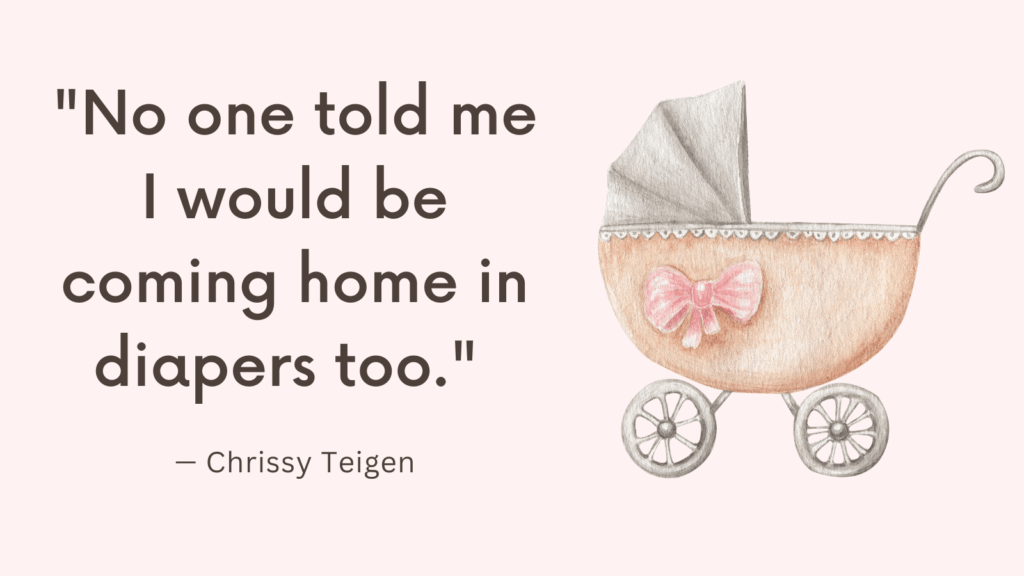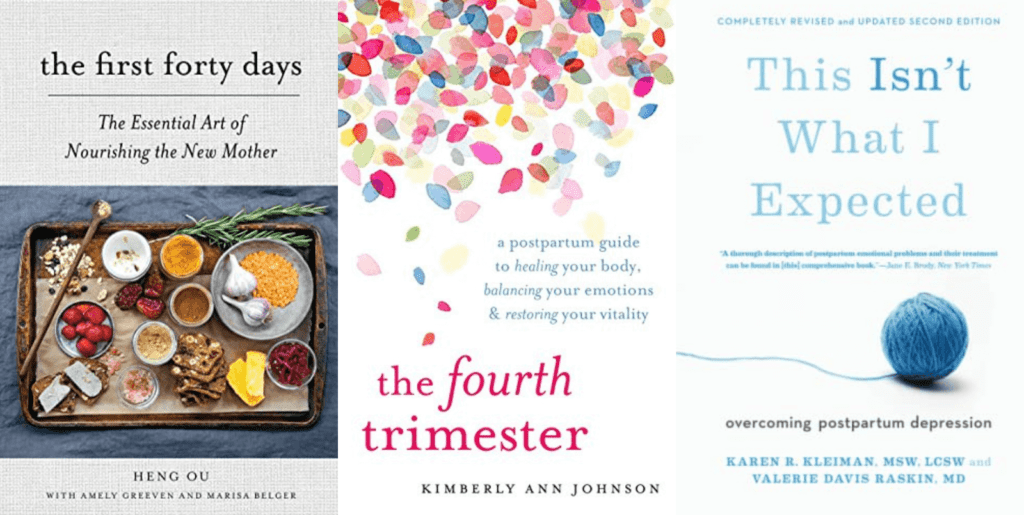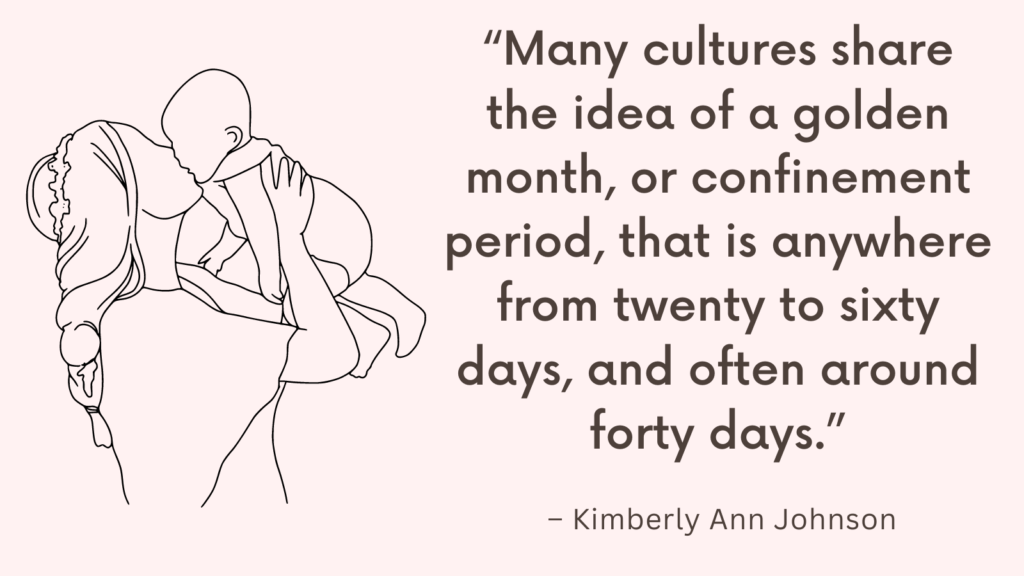This post contains some of the best tips for pooping after birth.
Postpartum Bowel Movements: What to Expect
After giving birth, it is common for women to experience changes in their bowel movements.
These changes can vary from person to person, but understanding what to expect can help alleviate any concerns.
1. Delayed Bowel Movements
It is normal for bowel movements to be delayed after childbirth, especially if you had a cesarean section or received certain medications during labor.
This is partly due to the temporary slowing down of the digestive system.
2. Constipation
Many women experience constipation in the postpartum period.
This can be caused by factors such as hormonal changes, decreased physical activity, and anxiety or fear related to pain during bowel movements.
Related: Best 10 Postpartum Books
3. Stool Consistency
You may find that your stool is harder than usual, which can make bowel movements uncomfortable.
This is largely influenced by dehydration, lack of dietary fiber, and the use of pain medications.
4. Perineal Soreness
If you had vaginal tearing or an episiotomy during delivery, you might experience soreness or discomfort around the perineal area (between the vagina and anus).
This can make bowel movements more challenging.
5. Hemorrhoids
Pregnancy and childbirth can contribute to the development or worsening of hemorrhoids, which are swollen blood vessels around the anus.
They can cause pain, itching, and bleeding during bowel movements.
Related: Postpartum Gas: Top 6 Ways to Relieve It
Tips For Pooping After Birth
After giving birth, it is common for women to experience changes in their bowel movements. Here are some suggestions to help with postpartum bowel movements:
1. Stay Hydrated
Drink plenty of water and fluids to keep yourself hydrated.
This helps soften the stool and prevents constipation, which is commonly experienced after childbirth.
2. Eat Fiber-Rich Foods
Include fiber-rich foods in your diet such as fruits, vegetables, whole grains, and legumes.
Fiber adds bulk to the stool and promotes regular bowel movements.
3. Take Stool Softeners
If recommended by your healthcare provider, you may consider taking over-the-counter stool softeners.
These can help alleviate constipation and make bowel movements more comfortable.
4. Gentle Exercise
Engaging in gentle physical activity like short walks can help stimulate bowel movements.
It promotes better digestion and can relieve constipation.
5. Proper Toileting Position
Changing your position while on the toilet can make it easier to pass stools.
Elevating your feet with a stool or using a squatting position can help align your rectum for easier elimination.
6. Don’t Delay
When you feel the urge to have a bowel movement, it’s important not to delay it.
Ignoring the urge can lead to harder stools and further constipation.
Related: Does It Hurt To Pee After Giving Birth?
Dealing with Hemorrhoids
Dealing with hemorrhoids can indeed be a challenging aspect of the postpartum period.
However, there are scientifically supported strategies to aid in their management and promote healing.
Here are some suggestions to alleviate symptoms and promote recovery:
1. Warm Water Soaks (Sitz Baths)
Soaking in warm water for about 10-15 minutes a few times a day can help soothe the discomfort associated with hemorrhoids.
This practice is known as a sitz bath.
2. Regular Bowel Habits
Resist the urge to strain during bowel movements, as it can worsen hemorrhoid symptoms.
Establishing a regular bowel habit by setting aside time when you’re not rushed can help prevent straining.
Related: How To Sleep Comfortably With Engorged Breasts?
3. Topical Treatments
Over-the-counter creams or ointments containing ingredients like witch hazel or hydrocortisone can provide temporary relief from itching and pain.
However, consult with your healthcare provider before using any medication.
4. Cold Compresses
Applying a cold pack or ice wrapped in a clean cloth to the affected area can help reduce swelling and provide temporary relief.
5. Avoid Prolonged Sitting or Standing
Sitting or standing for extended periods can put pressure on hemorrhoids, aggravating symptoms.
Aim to take frequent breaks and change positions.
6. Maintain Cleanliness
After each bowel movement, gently clean the anal area with unscented, alcohol-free baby wipes or a moistened cotton pad.
Avoid using dry toilet paper, as it can irritate the area.
7. Consult Your Healthcare Provider
If your symptoms persist, worsen, or cause severe pain or bleeding, it is crucial to consult your healthcare provider.
They may recommend additional treatments such as prescription medications or minimally invasive procedures if necessary.
Remember that postpartum hemorrhoids usually improve with time and these suggestions can aid in symptom management and promote healing.
Related: When Does Breastfeeding Get Easier? A Guide for New Mothers
Conclusion
Postpartum bowel changes are temporary for most women and tend to improve over time.
However, if you have severe or persistent symptoms, it is essential to seek medical advice for proper evaluation and management.




